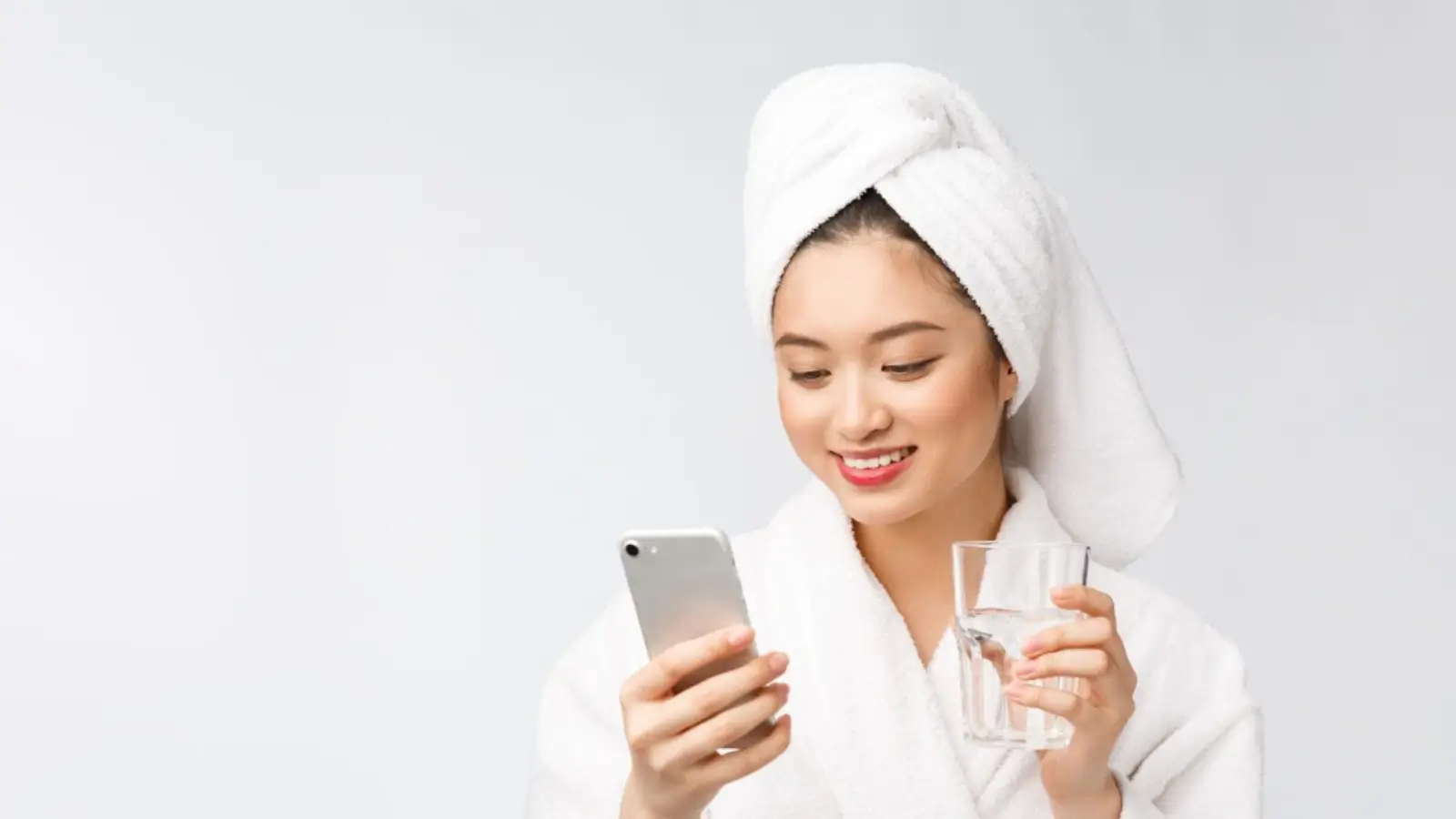


The global beauty and skincare industry has always been a dynamic market, but with technology at its core, it has reached unprecedented levels of growth. From virtual try-on apps to artificial intelligence-driven diagnostics, technology is reshaping how people buy and interact with beauty products. This evolution is not just about convenience—it’s about building a stronger connection between brands and consumers.
In today’s marketplace, accessibility is key. For example, Skincare Products in France have gained international recognition for their quality, and digital platforms now make them more accessible to customers around the world. This global reach is transforming how beauty businesses operate and scale. To get skincare products for your daily routine, click here and get yours now.
The shift to e-commerce has revolutionized the skincare sector. Online platforms enable niche brands to build international audiences without requiring a massive physical presence. Virtual reality (VR) and augmented reality (AR) tools let consumers test products virtually before making a purchase, reducing uncertainty and improving satisfaction.
What once required a visit to a luxury store can now happen on a smartphone within minutes. This convenience not only benefits customers but also allows businesses to gather valuable data to improve their offerings.
Technology has also redefined how brands present themselves. Social media campaigns, influencer marketing, and digital storytelling are now central to the success of beauty labels. Consumers want authenticity, and brands that communicate their values effectively stand out. For example, eco-conscious skincare companies are leveraging tech to showcase their sustainability efforts and connect with environmentally aware audiences.
Among these brands, Innisfree has made a name for itself by combining natural ingredients with technological innovation. By adopting sustainable practices while using cutting-edge marketing tools, Innisfree demonstrates how tradition and modernity can work hand in hand.
Another powerful trend is the integration of sustainability with smart technology. Eco-friendly packaging, AI-powered supply chain management, and energy-efficient production processes are not just buzzwords—they are business necessities. Consumers are more conscious than ever, demanding transparency from the brands they support.
Technology plays a critical role in meeting these expectations. Blockchain, for instance, is being tested by some beauty companies to provide supply chain transparency, allowing customers to trace a product’s origin.
Personalization is becoming the future of beauty. Consumers expect products tailored to their unique skin type and lifestyle. AI-driven tools analyze user data and recommend products that are most likely to meet individual needs. This customization not only improves results but also builds brand loyalty.
As technology advances, the business of beauty will keep transforming. Companies that embrace innovation while staying true to consumer needs will thrive in this competitive market. From AI-based skincare solutions to eco-friendly production, the intersection of technology and beauty promises an exciting future for both businesses and customers.